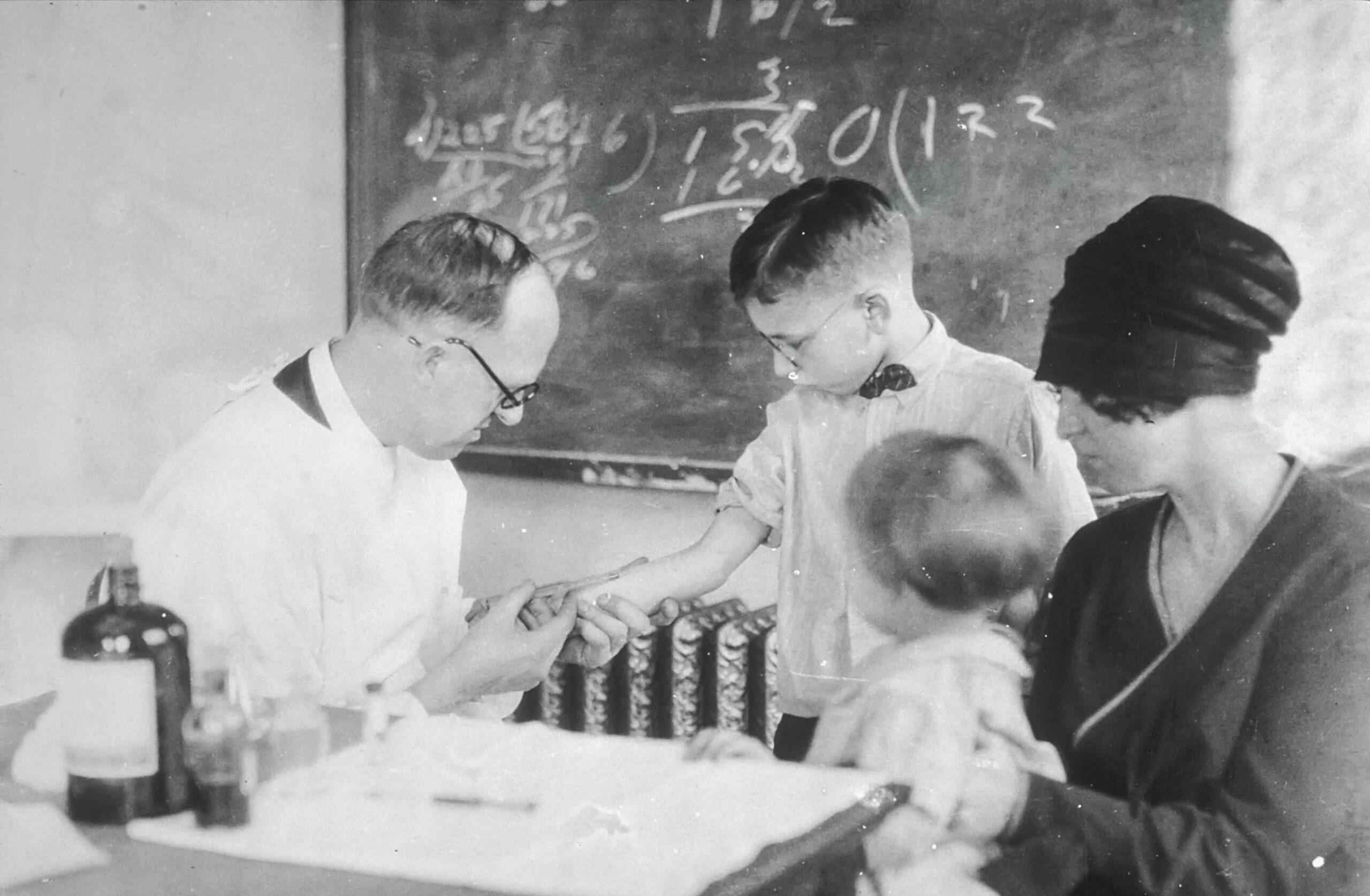Paediatrics, the branch of medicine focused on the health and well-being of children, has a rich and fascinating history that spans centuries. From ancient civilisations to modern medical advancements, the field of paediatrics has evolved to become a crucial component of healthcare worldwide. In this blog, we will embark on a journey through time, exploring the key milestones and breakthroughs that have shaped the history of paediatrics, ultimately leading to improved child healthcare practices and outcomes.
Ancient Beginnings
The origins of paediatrics can be traced back to ancient civilisations, where early physicians recognised the unique healthcare needs of children. In ancient Egypt, medical texts such as the Kahun Gynaecological Papyrus revealed the existence of specialised healthcare for infants. Similarly, the Indian medical treatise, Charaka Samhita, outlined guidelines for the care and treatment of children.
Greek physician Soranus of Ephesus, often regarded as the "father of paediatrics," made significant contributions to the field during the second century AD. His works emphasised the importance of breastfeeding, hygiene, and the role of diet in children's health.
Advancements in the Middle Ages
During the Middle Ages, Islamic scholars made notable advancements in paediatric medicine. Physicians such as Ibn Sina (Avicenna) emphasised the importance of observing children's growth and development, and his influential work, "The Canon of Medicine," served as a comprehensive medical encyclopaedia, covering various aspects of paediatrics.
The Renaissance and Beyond
The Renaissance period marked a resurgence of interest in scientific inquiry and the revival of medical knowledge. European physicians began to develop a better understanding of child anatomy, physiology, and diseases. In the 17th century, Thomas Sydenham, an English physician, made significant contributions to paediatrics by describing and classifying childhood diseases such as scarlet fever and measles.
As medical knowledge expanded in the 18th and 19th centuries, institutions dedicated to the care of children emerged. The world's first paediatric hospital, Hôpital des Enfants Malades, was established in Paris in 1802, providing specialised care for children.
Modern Advances and Specialisations
The 20th century witnessed remarkable advancements in paediatrics, with breakthroughs in immunisation, antibiotics, and the development of specialised fields within the discipline. The introduction of vaccines against diseases like polio, measles, and diphtheria revolutionised child healthcare by significantly reducing mortality rates.
Paediatric subspecialties, such as neonatology, paediatric cardiology, and paediatric oncology, emerged, enabling doctors to provide highly specialised care to children with specific medical conditions. Technological advancements, such as the development of ultrasound and MRI, also improved diagnostics and treatment planning.
What Conditions Do Paediatricians Treat Today
Paediatricians provide comprehensive care for infants, children, and adolescents, addressing a diverse spectrum of health issues. Their responsibilities often encompass evaluating and managing newborns shortly after delivery, including resuscitation when required, as well as overseeing the treatment of premature infants.
Paediatricians specialise in caring for babies, children, and teenagers facing a wide array of conditions, which may include:
- Managing cancer in paediatric patients.
- Addressing genetic disorders like cystic fibrosis and Down syndrome.
- Assisting children with disabilities, such as cerebral palsy.
- Supporting children with developmental delays.
- Treating chronic conditions like diabetes.
- Handling infectious diseases such as meningitis.
- Managing respiratory conditions like asthma and allergies.
- Providing care for children with autism spectrum disorder.
When Children Should See a Paediatrician
For most common childhood illnesses, your GP can provide adequate care. However, for more intricate or specialised health conditions, your GP may refer you to a paediatrician. Your GP will first evaluate your child's condition and, if necessary, guide you toward the appropriate paediatrician.
How Should I Go About Selecting a Paediatrician?
You can initiate the process by asking your general practitioner (GP) or obstetrician to recommend a suitable paediatrician. In some cases, your child may necessitate care from a paediatrician with a specific subspecialty.
Keep in mind that unless there is an urgent need, securing an appointment with a paediatrician for your child may entail a considerable waiting period.
If you have a preference for a particular paediatrician, perhaps one who has treated another one of your children or comes highly recommended by family or friends, you can discuss this with your GP. They can then arrange a referral accordingly.
Conclusion
The history of paediatrics is a testament to the continuous efforts of medical professionals to ensure the well-being of children. From ancient civilisations to modern times, advancements in medical knowledge, technology, and specialised care have transformed child healthcare, leading to improved outcomes and higher survival rates for children worldwide. As we move forward, it is crucial to build upon these historical achievements, fostering innovation and collaboration to address the evolving healthcare needs of our youngest and most vulnerable population.


 71–75 Shelton Street, Covent Garden, London, WC2H 9JQ
71–75 Shelton Street, Covent Garden, London, WC2H 9JQ +44 (0) 20 3376 1032
+44 (0) 20 3376 1032



